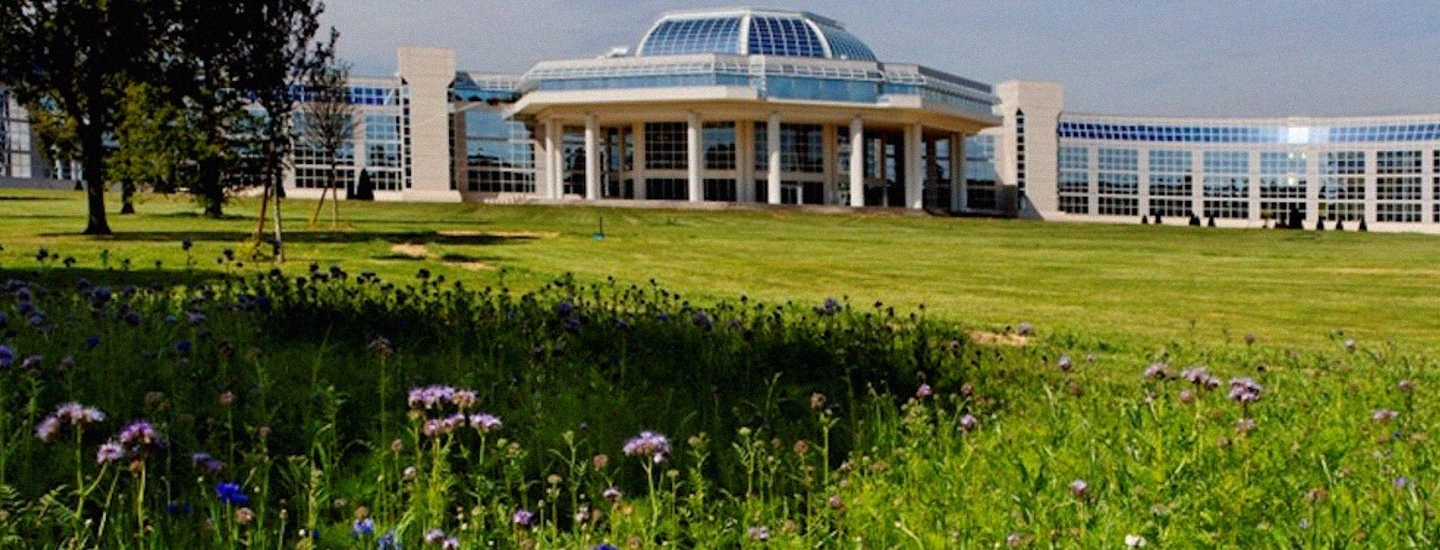This consultation has closed.
Implementing the Strategic Ecology Framework
Background: Responding to developments in ecological best practice
The BREEAM approach to assessing ecological impacts, unchanged since 1998, has driven consideration of ecological management and enhancement of the built environment across many projects. In recent years developments of best practice for evaluating, protecting and enhancing the natural environment during and as a result of construction, have been reviewed, considered and recognised. In addition, evolving policy areas such as natural capital, and ecosystem services led the BRE BREEAM team to work with a range of stakeholders to understand how to move forward the development of ecology focused aspects of the relevant BREEAM schemes used in the UK.
BREEAM’s response: A Strategic Ecology Framework (SEF)
With engagement, consultation and collaboration very much at its heart during this process, a core objective was agreed to identify and define a consistent strategic framework for evaluating ecology related issues across BREEAM. The output was the BREEAM UK Strategic Ecology Framework (SEF), published in 2016. The SEF seeks to promote a wider understanding of BREEAM’s aim and sets out a common basis on which future ecology related BREEAM scheme assessment criteria will be developed. For more information see the SEF Briefing Paper here.
Recognising the wider benefits of ecology in the built environment
A key driver of BREEAM is to encourage and recognise holistic sustainability focused approaches that maximise value to stakeholders whilst minimising impact to the environment. A focus of developing the SEF was to promote and maximise opportunities to align or integrate wider development related sustainability specification consideration / opportunities. This could include integrating functional and multi-purpose green spaces into our built environments such as living walls/ facades; green roofs; sustainable urban drainage systems; green infrastructure etc. resulting in some of the potential benefits including:
- Visual amenity – improving the health and wellbeing of people and communities
- Socio-economic – recreational space, local heritage and character, desirability of local area and properties
- Reducing urban heat island effect
- Increasing flood resilience
- Filtering air pollution
- Improving energy efficiency
The following BREEAM Briefing Papers provide more information relating to this:
- Health and Wellbeing in BREEAM
- Health and Wellbeing Strategy
- Mitigation, adaption, resilience: managing climate change risk through BREEAM
The benefits of ecology can clearly be beyond that of maintaining or enhancing biodiversity. Innovative and strategic planning can result in benefits across a range of areas for the built environment and society.
Implementing the SEF in the UK BREEAM schemes
Since its publication BREEAM has been in the process of implementing the SEF into the following UK-focused BREEAM schemes:
- BREEAM Communities,
- BREEAM Infrastructure/CEEQUAL combined scheme (in development),
- Home Quality Mark
- BREEAM UK Non-Domestic New Construction
- BREEAM Domestic Refurbishment
- BREEAM UK Refurbishment and Fit out
- BREEAM in Use International
This process has resulted in the development of four core assessment issues:
- Understanding and identifying the risks and opportunities for the site
- Managing negative impacts on ecology on the site
- Enhancement of Ecological Value
- Long Term Biodiversity Management and Maintenance
Whilst the intention is that all schemes will follow the overall approach set out in these Assessment Issues. Scheme specific details may be required to ensure clarity, relevance and appropriateness of the assessment content and maximise the benefits at the each life cycle stage.
Other scheme development activities currently taking place and relevant to this work are listed below. We encourage you find out more by visiting their consultation pages:
Strategic Ecology Framework Stakeholders
Downloads
- Consultation Response – Implementing the Strategic Ecology Framework in to the UK BREEAM Schemes
- SEF Factsheet – CEEQUAL and BREEAM Infrastructure
- SEF Factsheet – Communities
- SEF Factsheet – Domestic Refurbishment
- SEF Factsheet – Home Quality Mark
- SEF Factsheet – In-Use
- SEF Factsheet – UK New Construction
- SEF Factsheet – UK Refurbishment and Fit-Out












